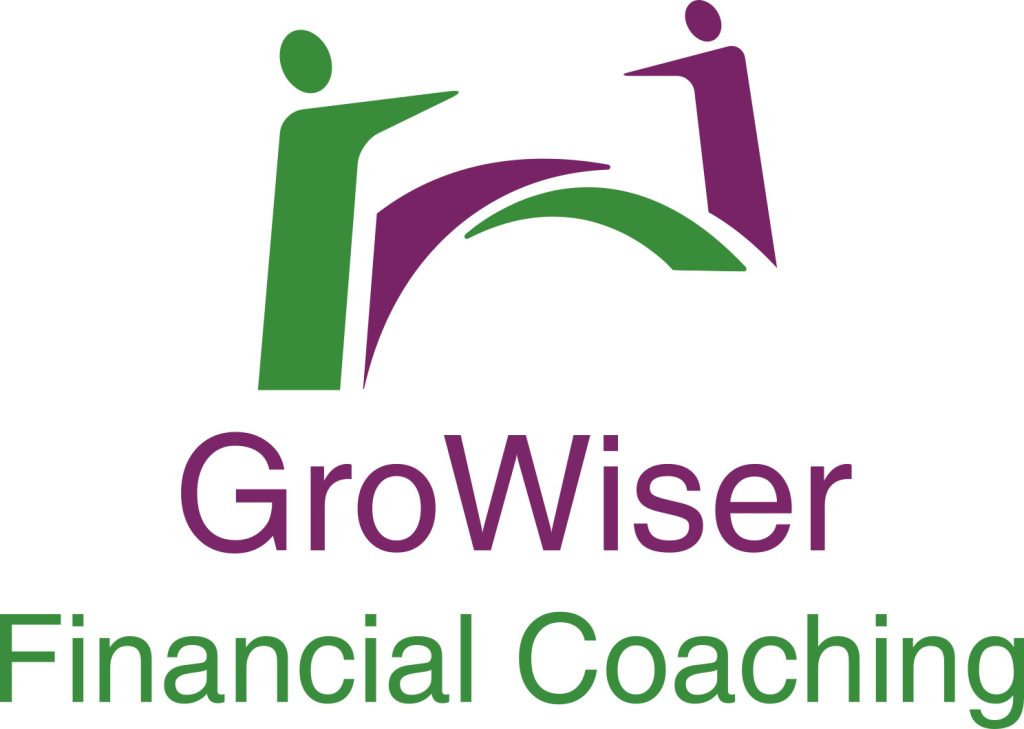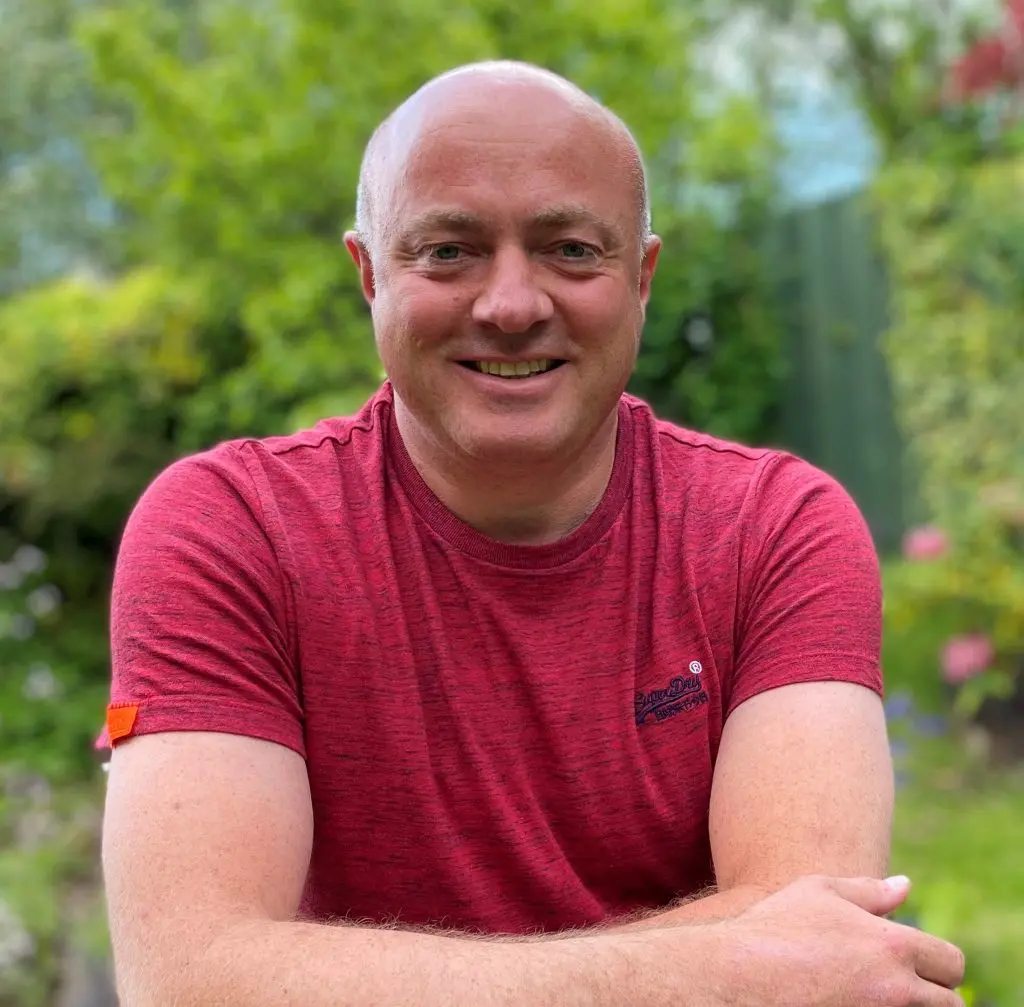Our latest Quarterly Report is now available to view. It covers our work from October to December 2023. It shows what we’ve learnt, and includes key stats and feedback from those who access Future Pathways.
What happened in Q3
67 people registered with Future Pathways.
28 people started working with a Support Coordinator.
109 people accessed support from 37 Delivery Partners.
Who we worked with
The average age of people who registered with us was 43.
57% of people registered with us live in Scotland’s most populated areas.
We continue to find that people we support are more likely to live in deprived areas.
How people felt
Most of the feedback we received from people registered with us was positive.
People shared that they felt Future Pathways understood and cared about them.
People also told us that not being able to access material support sometimes can be difficult.
What people gained
Many people told us that counselling, and support to improve their home environment, makes a big difference. Here, John tells us what he gained from accessing mental health support from Future Pathways:
“Before I accessed this support, I didn’t know why I couldn’t function. They helped me figure it out for myself. And I am still figuring it out. But now, I am on that journey.”
What changed for people
People shared what changed in their life after accessing support from Future Pathways.
“My Support Coordinator made a colossal difference in my life.. [Future Pathways] has helped fund a number of programmes which have helped ease my depression and physical ailments.”
What difference we made
People shared the impact of their work with Future Pathways. For some people, this was lifechanging.
“It was night and day compared to with what my life was like […] Future Pathways helped me turn my life around. I started caring about myself, because someone else was caring about me.”
Our full report features further infographics, feedback and a breakdown of our financial spend. Read the full report.


At Future Pathways we work with many different services that help the people we work with in many different ways. One of these services is GroWiser Financial Coaching, run by Graham Wells. Graham helps people to learn new habits to help them look after their money.
Graham Wells is a financial coach. Financial coaching is about helping people to change their feelings or thoughts about money.
Graham says: “Often when people seek support, they worry that they will come across as being stupid. But it is not about telling people what they have done wrong or telling them what they should do differently.” Instead, Graham explains, it is about helping them to look after their money in a better way.
There are two sides to what Graham does.
One side is helping people learn more about how money works. This might be things like how to build an emergency fund or how to keep track of money. He helps people to work out what is important. And this helps people to develop better money habits.
The other side of what Graham does is helping people to change the way they behave in relation to money. Sometimes Graham gives people tasks. For example, making lists of where their money comes from and where it goes.
People can feel much better when they have control of their money.
Graham’s 5 steps
Graham’s 5 steps for looking after your money.
Think about how you spend.
Spend your time and money in line with your values and what is important to you. Do not forget your future self.
Get rid of your debt.
Find the best way for using and repaying debt. Know the difference between ‘good’ and ‘bad’ debt.
Keep your loved ones in mind.
Prepare for things you do not expect. Build peace of mind for you and your loved ones
Nurture your wealth.
‘Wealthy’ and ‘rich’ are not the same. Wealth means looking after your whole life, not just your money.
Create your future.
Make a plan for how you would like to spend your time as you get older. Do not leave it to others to define your life path.
